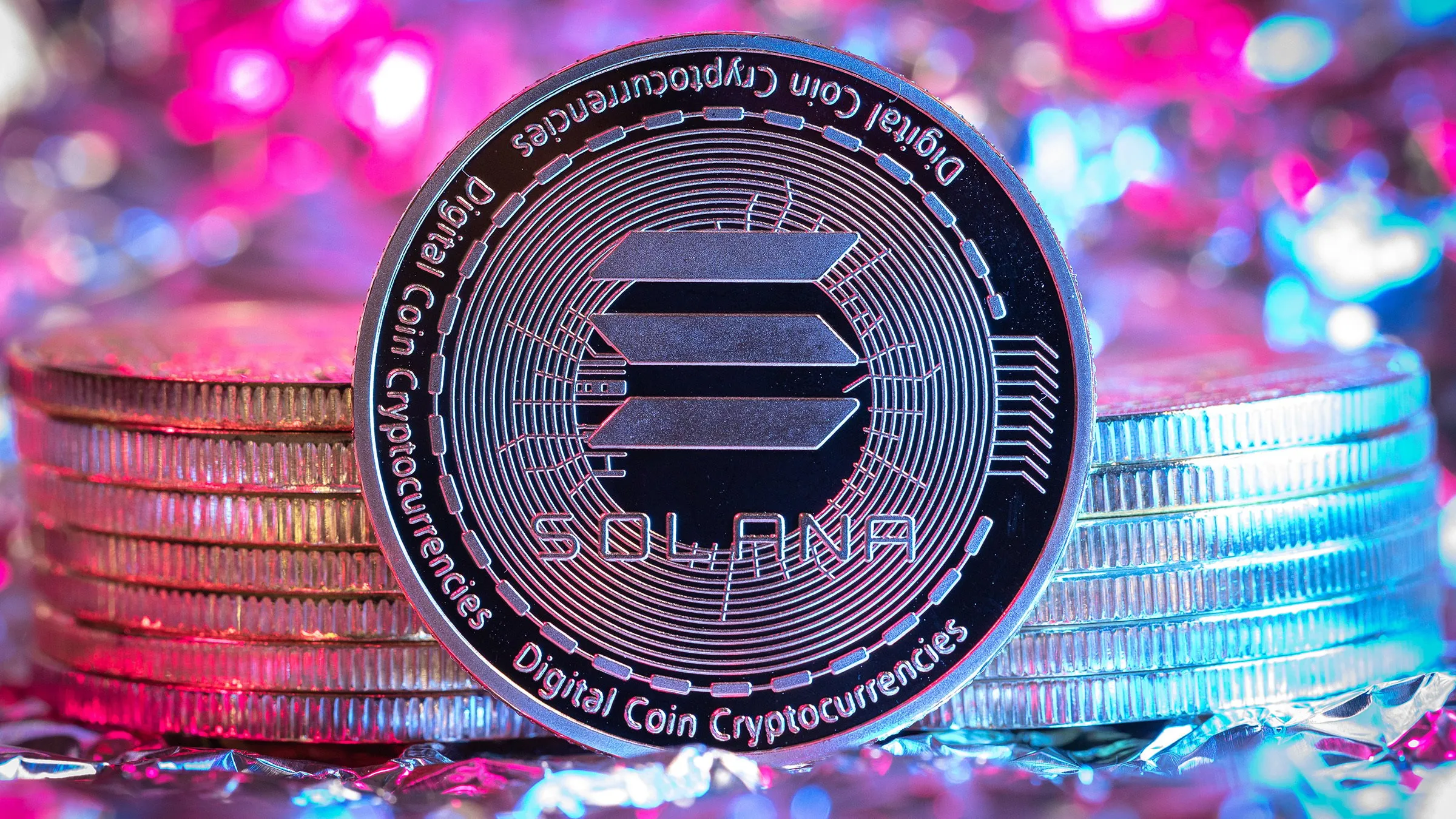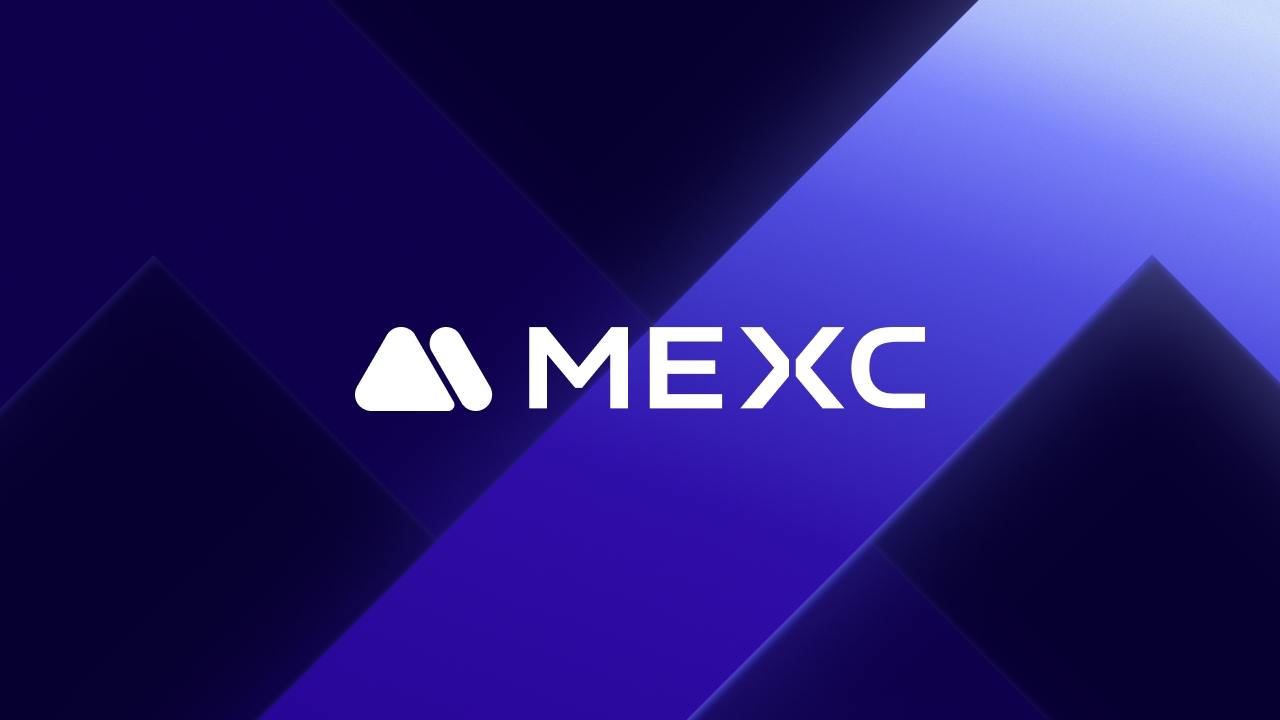|
Getting your Trinity Audio player ready...
|
Solana, a blockchain renowned for its speed and low transaction costs, has long faced scrutiny over its decentralization. The issue resurfaced recently when Edward Snowden, a prominent digital privacy advocate, voiced significant concerns at the Token2049 conference in Singapore on October 2. His remarks sparked a heated discussion about the potential vulnerabilities of Solana’s network structure.
The Debate Ignited By Snowden
Snowden’s critique hinges on the premise that Solana’s pursuit of rapid transactions compromises its decentralization, making it more susceptible to authoritarian control. “When you centralize speed, you centralize control,” he argued, highlighting how this focus could invite undue influence from oppressive regimes. His comments provoked a swift response from the Solana community, reigniting the debate over the network’s architectural integrity.
In defense, Solana developer Mert Mumtaz challenged Snowden to substantiate his claims. “Show me the vector you’re going to use with data to back it up,” he urged, while also acknowledging that Solana might be less decentralized than Ethereum. Mumtaz asserted that the network’s validators are spread across various geographies, ostensibly making it harder for any single government to exert control.
However, many in the crypto community remain skeptical. Critics point to the high hardware and bandwidth requirements necessary to run Solana validators. As one user on X articulated, “There’s not a single person I know who could run a validator at home. That’s the attack vector.”
The Challenge of Validator Concentration
The technical hurdles to operating a Solana validator further complicate the decentralization narrative. To break even, validators require at least $1.2 million in staked assets and robust infrastructure, which is out of reach for most individual users. This leads to a small number of validators dominating the network, raising significant concerns about centralization.
Worse still, smaller validators often rely on grants from the Solana Foundation for support, compounding the centralization issue. As a result, regulatory pressure from governments could have a disproportionate impact on the network. Even if validators relocate their hardware to different jurisdictions, the concentration of staked SOL—much of which remains in the hands of founders and venture capitalists—remains a critical vulnerability.
All these factors highlight Solana’s potential susceptibility to regulatory crackdowns. This concern is not unfounded; the precedent of the Telegram app serves as a stark reminder. Following the arrest of its CEO, Telegram was forced to alter its policies significantly. While Solana currently operates without regulatory constraints, the future remains uncertain.
The Other Side of the Coin
Despite these centralization concerns, Solana is experiencing rapid growth, emerging as one of the fastest-growing DeFi ecosystems. Its transaction volumes frequently outpace those of Ethereum, reflecting robust market demand and technological innovation.
Moreover, Solana’s development trajectory suggests that its current infrastructure could evolve, potentially addressing some of the centralization critiques.
Also Read: Solana CEO Blasts Biden – U.S. Job Openings Down 4.6% As Blockchain Opportunities Go Overseas
The discourse surrounding Solana’s decentralization resonates with the fundamental principles of blockchain technology. A network’s susceptibility to attacks or regulatory pressures increases with centralization, which raises essential questions about the integrity of blockchain ecosystems.
As Solana continues to evolve, it will be crucial for developers and users alike to weigh the benefits of speed and efficiency against the risks of centralization and potential regulatory scrutiny. As the cryptocurrency landscape grows more complex, maintaining a balance between innovation and decentralization remains paramount for the future of blockchain technology.
Disclaimer: The information in this article is for general purposes only and does not constitute financial advice. The author’s views are personal and may not reflect the views of Chain Affairs. Before making any investment decisions, you should always conduct your own research. Chain Affairs is not responsible for any financial losses.




